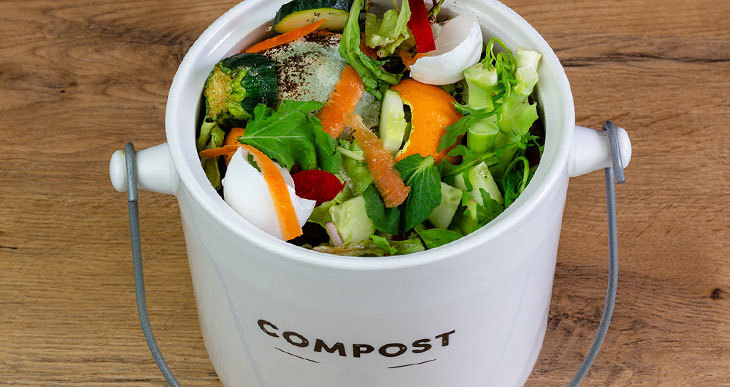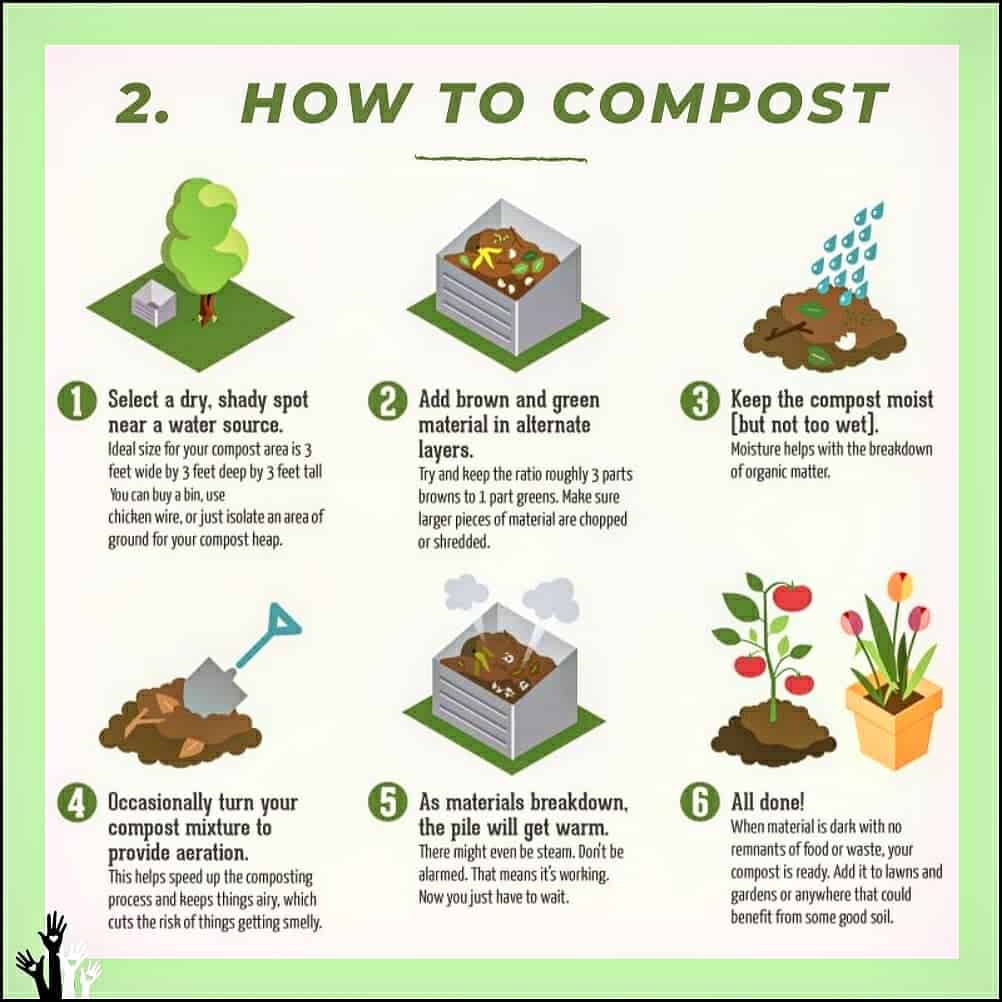How to Make Compost from Kitchen Waste

Introduction
Imagine transforming your kitchen scraps into a rich, nutrient-dense soil amendment—a process as magical as turning straw into gold. Composting is not just an eco-friendly practice; it's a way to reduce waste and enrich your garden soil. Whether you're a seasoned gardener or a novice, learning how to make compost from kitchen waste is a rewarding journey. Let's dive into the world of composting, exploring tips, techniques, and the benefits of turning your organic waste into black gold.
Understanding Composting
What is Composting?
Composting is the process of recycling organic matter, such as kitchen scraps and yard waste, into a nutrient-rich soil amendment. It's nature's way of breaking down waste into a valuable resource that can be used to improve soil structure, retain moisture, and support plant growth.
Why Compost Kitchen Waste?
Composting kitchen waste is a win-win situation. It reduces the amount of waste sent to landfills, minimizes greenhouse gas emissions, and provides a free source of fertilizer for your garden. Plus, it's a satisfying way to contribute to a more sustainable lifestyle.
Getting Started with Composting
Essential Composting Tips
Before you start, it's important to understand the basics. Composting requires a balance of "greens" (nitrogen-rich materials like kitchen scraps) and "browns" (carbon-rich materials like dry leaves and paper). Aim for a ratio of about 1:2 greens to browns.
Choosing the Right Compost Bin
Selecting the right compost bin is crucial. Options range from simple piles to enclosed bins and tumblers. Consider factors like space, ease of use, and your personal preferences. A well-designed compost bin can make the process more efficient and less messy.
What to Compost from Your Kitchen
Suitable Kitchen Scraps
Not all kitchen waste is suitable for composting. Stick to fruit and vegetable scraps, coffee grounds, tea bags, and eggshells. Avoid meat, dairy, and oily foods, as they can attract pests and create unpleasant odors.
What to Avoid
Certain items should be kept out of your compost bin. These include:
- Meat and dairy products
- Diseased plants
- Weeds with seeds
- Pet waste
- Treated wood
Setting Up Your Compost Bin
Location Matters
Choose a location for your compost bin that is convenient and accessible. A shady spot in your backyard is ideal, as it helps maintain a consistent temperature and moisture level.
Layering Your Compost
Start by layering your compost bin with browns and greens. Begin with a layer of browns, followed by a layer of greens, and repeat. This layering helps maintain the right balance of carbon and nitrogen, essential for the composting process.
Maintaining Your Compost Pile
Aeration and Moisture
Regularly turn your compost pile to introduce oxygen, which aids in the decomposition process. Ensure the pile is moist but not soggy—it should feel like a wrung-out sponge. Add water if it's too dry or more browns if it's too wet.
Temperature Control
A healthy compost pile should heat up as the microorganisms break down the organic matter. Monitor the temperature to ensure it stays within the optimal range of 130-160°F (54-71°C).
Harvesting and Using Your Compost
When is Compost Ready?
Compost is ready when it resembles dark, crumbly soil and has a pleasant, earthy smell. This process can take anywhere from a few months to a year, depending on the conditions.
Applying Compost to Your Garden
Use your finished compost as a soil amendment, spreading it around your plants or mixing it into the soil. It can also be used as a top dressing or in potting mixes.
Troubleshooting Common Composting Issues
Smelly Compost
If your compost smells bad, it's likely too wet or has too many greens. Add more browns and turn the pile to introduce oxygen.
Slow Decomposition
If your compost isn't breaking down quickly enough, it may be too dry or lacking in greens. Add water and more nitrogen-rich materials to speed up the process.
Pests and Rodents
To deter pests, avoid adding meat, dairy, and oily foods to your compost. Use a bin with a secure lid and keep it clean.
Conclusion
Composting kitchen waste is a rewarding and eco-friendly practice that benefits both your garden and the environment. By following these tips and techniques, you can transform your organic waste into a valuable resource. Embrace the magic of composting and watch your garden thrive.
FAQs
Can I compost meat and dairy products?
- No, meat and dairy products should be avoided in home composting as they can attract pests and create unpleasant odors.
How long does it take to make compost?
- The time it takes to make compost varies, but it typically ranges from a few months to a year, depending on the conditions and materials used.
What is the ideal ratio of greens to browns in composting?
- Aim for a ratio of about 1:2 greens to browns to maintain the right balance of carbon and nitrogen.
How do I know when my compost is ready?
- Compost is ready when it resembles dark, crumbly soil and has a pleasant, earthy smell.
Can I use compost as a fertilizer?
- Yes, compost is an excellent soil amendment and can be used as a fertilizer to improve soil structure, retain moisture, and support plant growth.


By following these guidelines, you'll be well on your way to creating a thriving compost system that benefits both your garden and the environment. Happy composting!
0 Response to "How to Make Compost from Kitchen Waste"
Post a Comment